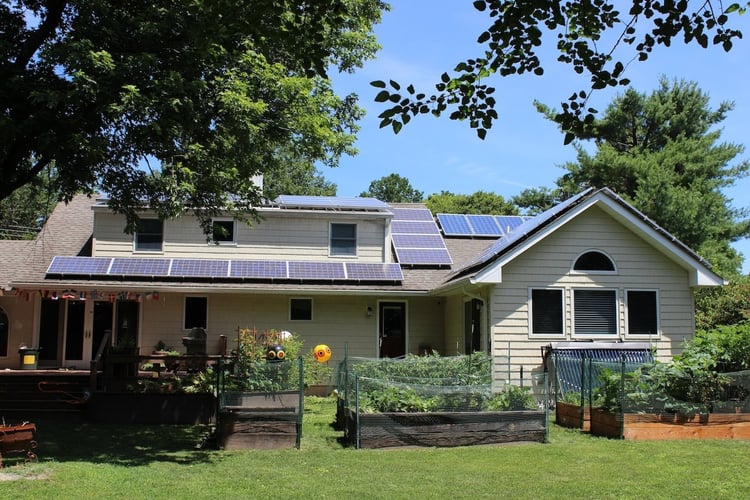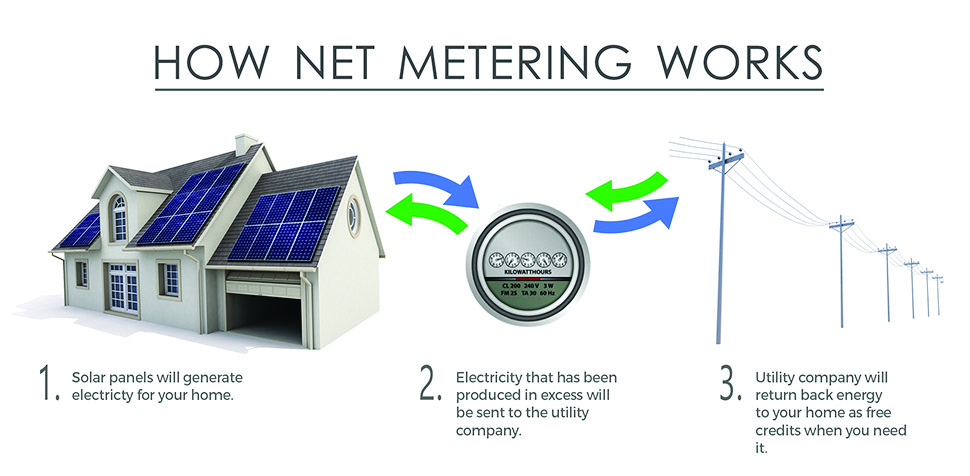Top 5 Mistakes of Not Going Solar
While some mistakes are tiny, others can have long-lasting consequences—and not taking advantage of the cost-saving benefits of solar energy is a mistake that will greatly affect your bank account.
Solar power enriches the financial wellbeing of those who have embraced it; those who have not will continue to lose money to the utilities’ ever-rising energy costs.

Here are the top 5 major mistakes you’ll make by not going solar:
1. Remaining a Slave to Power Companies
Energy costs continue to climb. By not switching to solar energy, you’re doomed to continue paying through the nose, year after year. In 2017 alone, Duke Energy announced a “mid-year residential rate increase” of $6 per 1,000 kilowatt hours; FPL has announced a cumulative 25% rate increase over the past few years.
As resources such as natural gas and coal continue to dwindle, they will inevitably rise in price. Duke’s 2017 rate hike was in direct response to this increase in cost. By switching to a green renewable energy alternative like solar, you stand to save upwards of $16,000 over a 20 year period with a small system. Larger systems can save you tens of thousands more. The question isn’t how much will you save with solar, it’s how much will you spend if you don’t go solar?
2. Losing Property Value
Solar power systems can dramatically increase your home’s market value. Solarpowerrocks.com estimates that this upgrade adds 20 times your annual electricity bill savings onto property value. In many cases, this is upwards of $20,000.
It makes perfect sense when you think about it. Buying a home with a solar system already installed means huge savings in energy costs from the get-go. If you’re looking to sell your home, installing a $10,000 solar system prior to the sale could easily yield a 100% profit on the installation—and then you get to enjoy free energy while the sale is in progress!
3. Missing Out on Local Incentives
Throughout the country, state governments are giving homeowners special benefits for making the switch to solar. Florida, especially, offers very attractive incentives that increase the already substantial savings residents receive from their solar systems.
Once such incentive is the permanent exemption in place on property taxes for residential solar systems. We’ve already touched on how installing solar makes your home’s market value skyrocket—normally, this would lead to a jump in property taxes but Florida’s exemption ensures that homeowners are not taxed on that property value increase.
Florida residents can also take advantage of net metering, which allows homeowners to be credited by the electric companies for any energy their solar system pushes back onto the grid. When panels are not pulling in enough power for the household, net metering credits are automatically applied. This negates the need to buy additional power from the electric company.

In essence, your utility company pays your energy bill for you!
Finally, there’s the Federal Income Tax Credit, which pays back 30% of your system’s price through your tax bill. Because this tremendous incentive is scheduled to fade in 2019, we expect a rush for solar in 2018 (which will likely increase the price of solar at that time). Thus, if you’re thinking about going solar, we recommend buying sooner rather than later to hone in on these benefits before demand spikes.
4. Limiting Yourself
When high electricity bills are a constant worry, you may find yourself limiting the amount of power you use in your home. When the holidays come around, your decorative plans could be put on hold if you’re worried that Christmas lights could increase to your already unmanageable utility bills.
And what about your pool? The pool pump typically accounts for one of the biggest energy draws. If power costs are too high for you to afford running your pump and heating services, your pool could go unused for much of the colder months. Those who have not installed a solar pool heating system are either paying through the nose to keep their water warm or are missing out on some valuable relaxation time.
5. Increasing Your Carbon Footprint
We only have one planet. We all need to do our part to preserve our natural resources and environment for future generations. Standard electric systems are depleting our reserves of coal and natural gas, whereas renewable power sources like solar help us to preserve what we have left and make the Earth a cleaner greener place.
There’s a reason why state governments grant benefits to homeowners who utilize solar power. They realize that it is better for the environmental future of our world to see a mass switch to solar energy.
Don’t fall into these common mistakes. If you don’t have the cash to buy the system outright, there are solutions where the monthly payment is still less than the savings from a system. Get the most out of your home, take the least out of your wallet and protect the planet we all share. For more information on how you can save with solar, visit Superior Solar online at www.superiorsolar.com.


